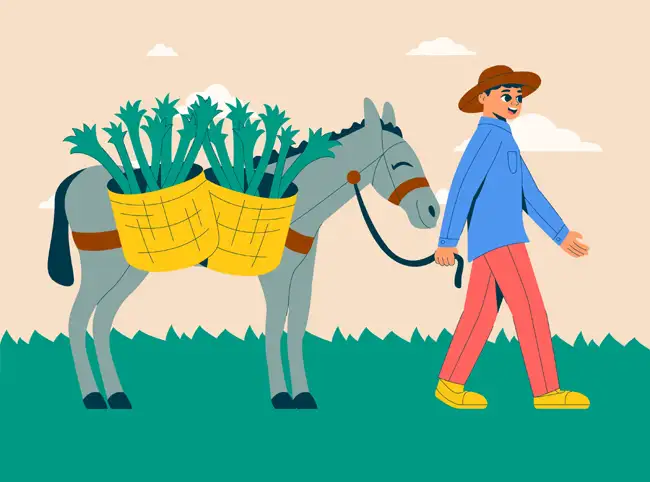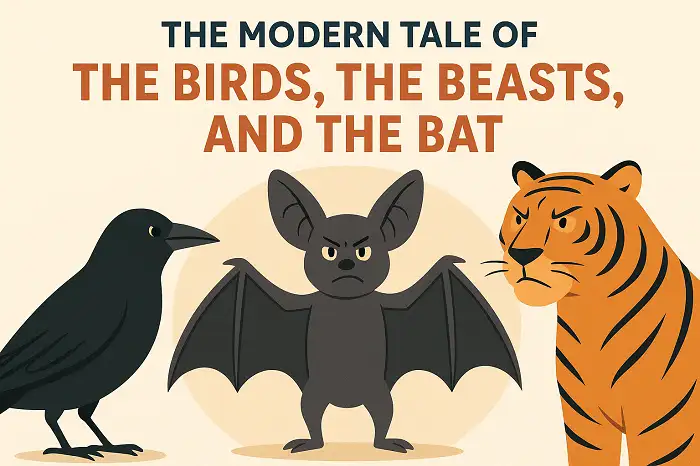The story of the Donkey's Gone from Masnavi by Rumi with some selected verse lines and a video for non-Persian speakers who like to learn the Persian language and literature The Persian version of the Donkey's Gone To read the Persian version of the Donkey's Gone, click on the link below: آموزش زبان فارسی با حکایت خر برفت از مثنوی معنوی مولانا The podcast of the Donkey's Gone https://www.youtube.com/watch?v=Dsd7ro9wZz4 The Donkey's Gone In the old days, a poor dervish went on a journey with his donkey. The dervish and his donkey were on the way for several days to reach ...
Home » Learn Persian Online with 500 Persian Lessons + Videos » The Donkey’s Gone from Masnavi by Rumi + Persian Poem

The Donkey’s Gone from Masnavi by Rumi + Persian Poem
Updated: by Dr. Mohammad Hossein Hariri Asl
Time to Read: 7 minutes | 658 Views | No Comments on The Donkey’s Gone from Masnavi by Rumi + Persian Poem
Share This Post
About the Author
Dr. Mohammad Hossein Hariri Asl is an English and Persian instructor, educator, researcher, inventor, published author, blogger, SEO expert, website developer, entrepreneur, and the creator of LELB Society. He's got a PhD in TEFL (Teaching English as a Foreign Language).
Number of Posts: 4242


